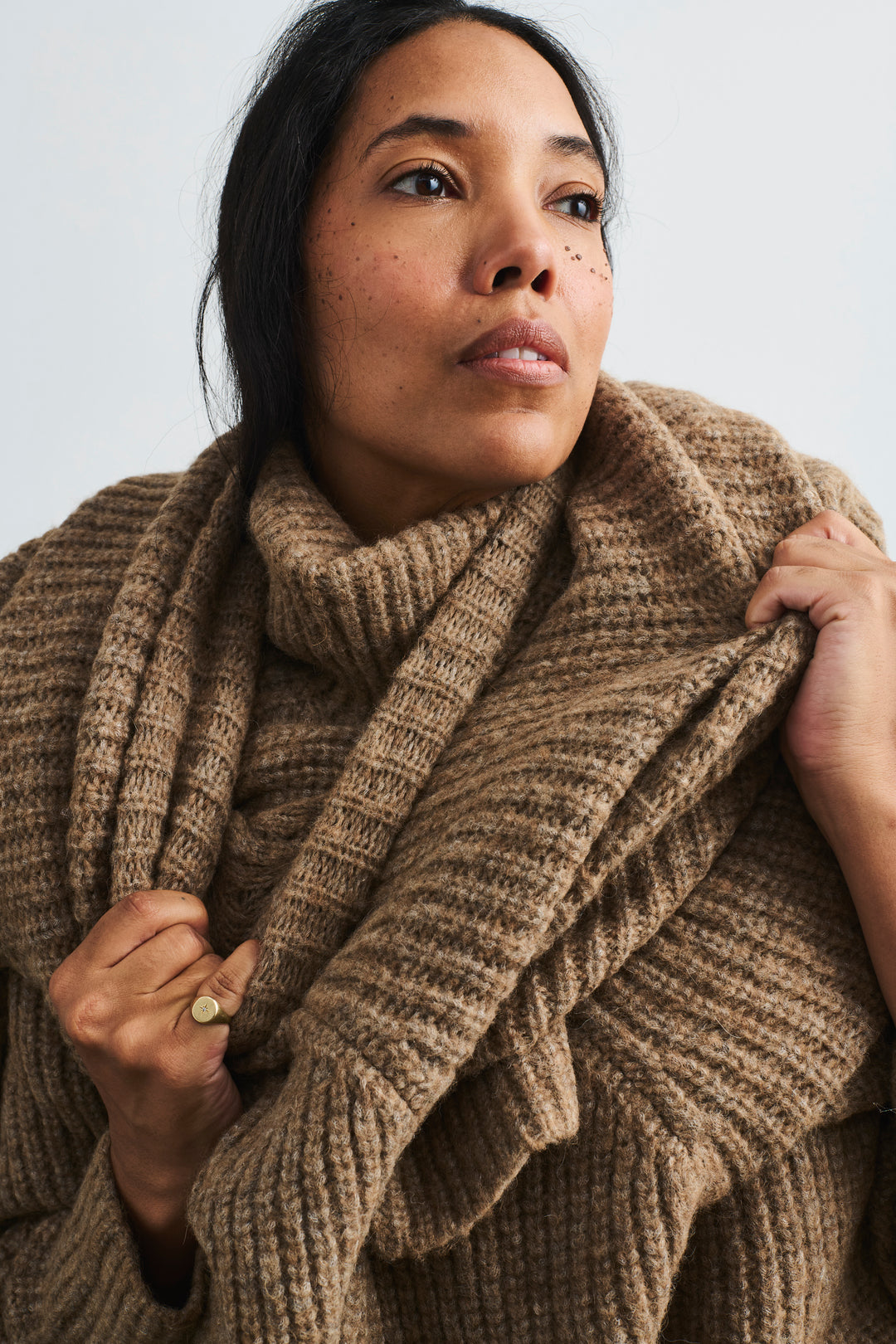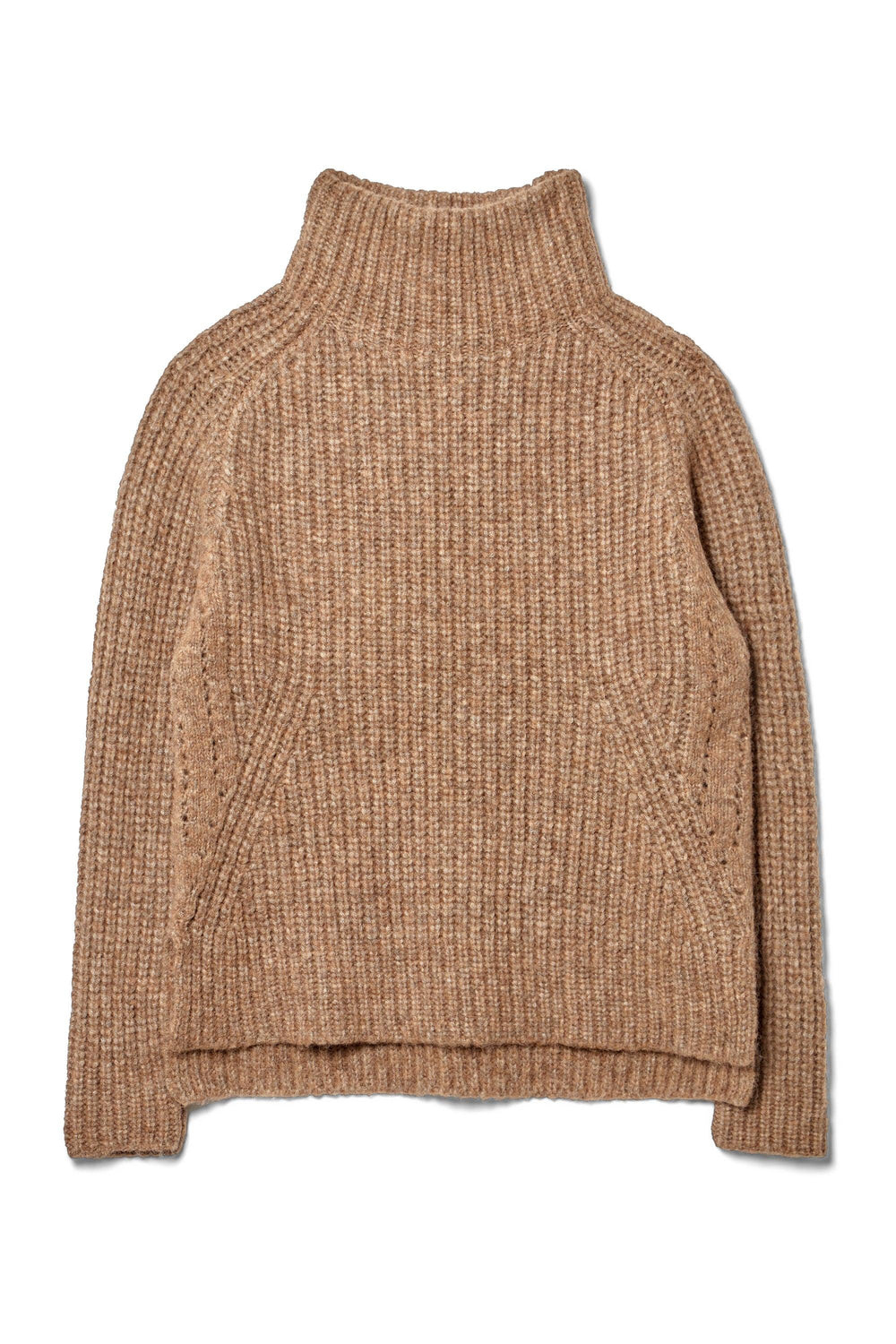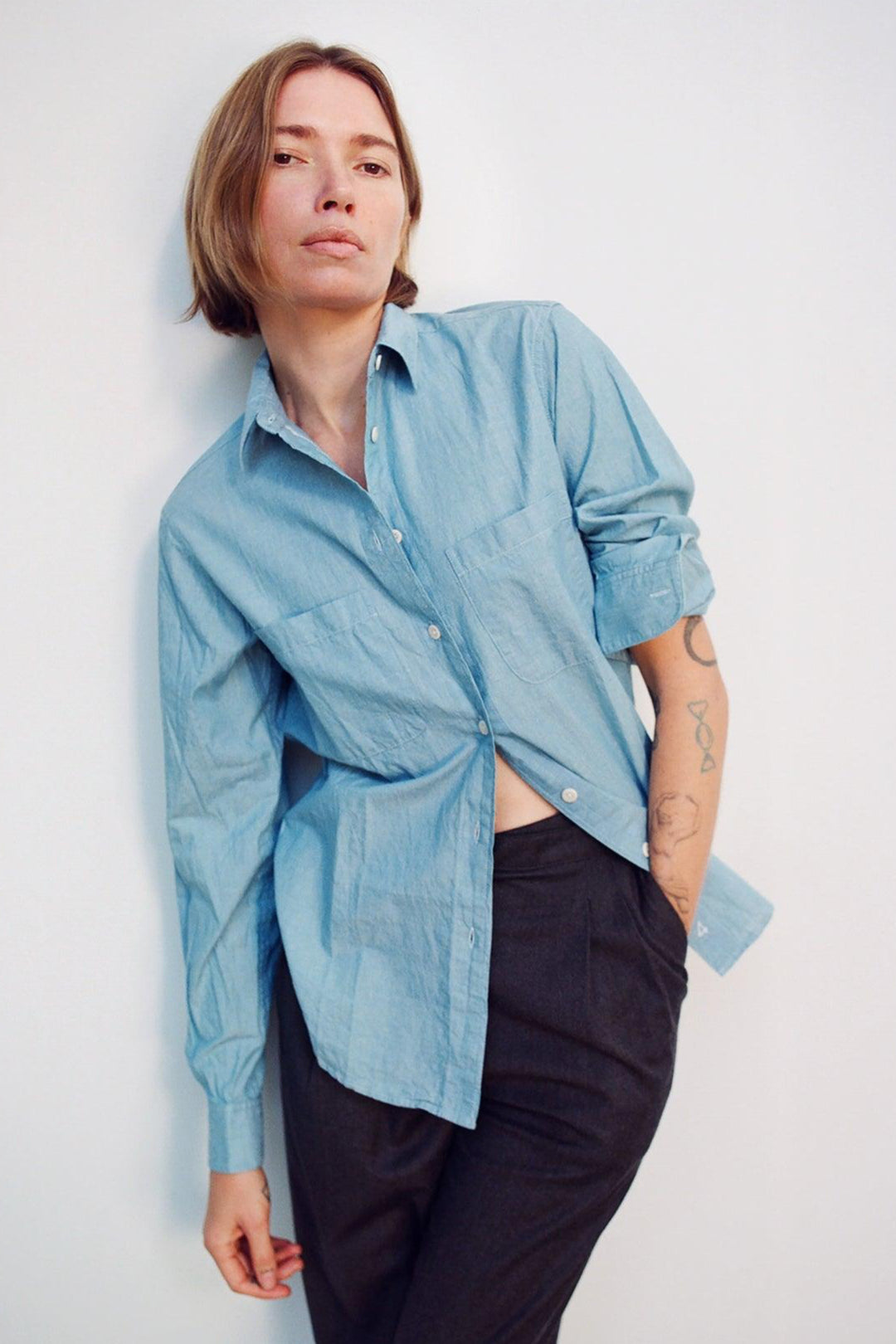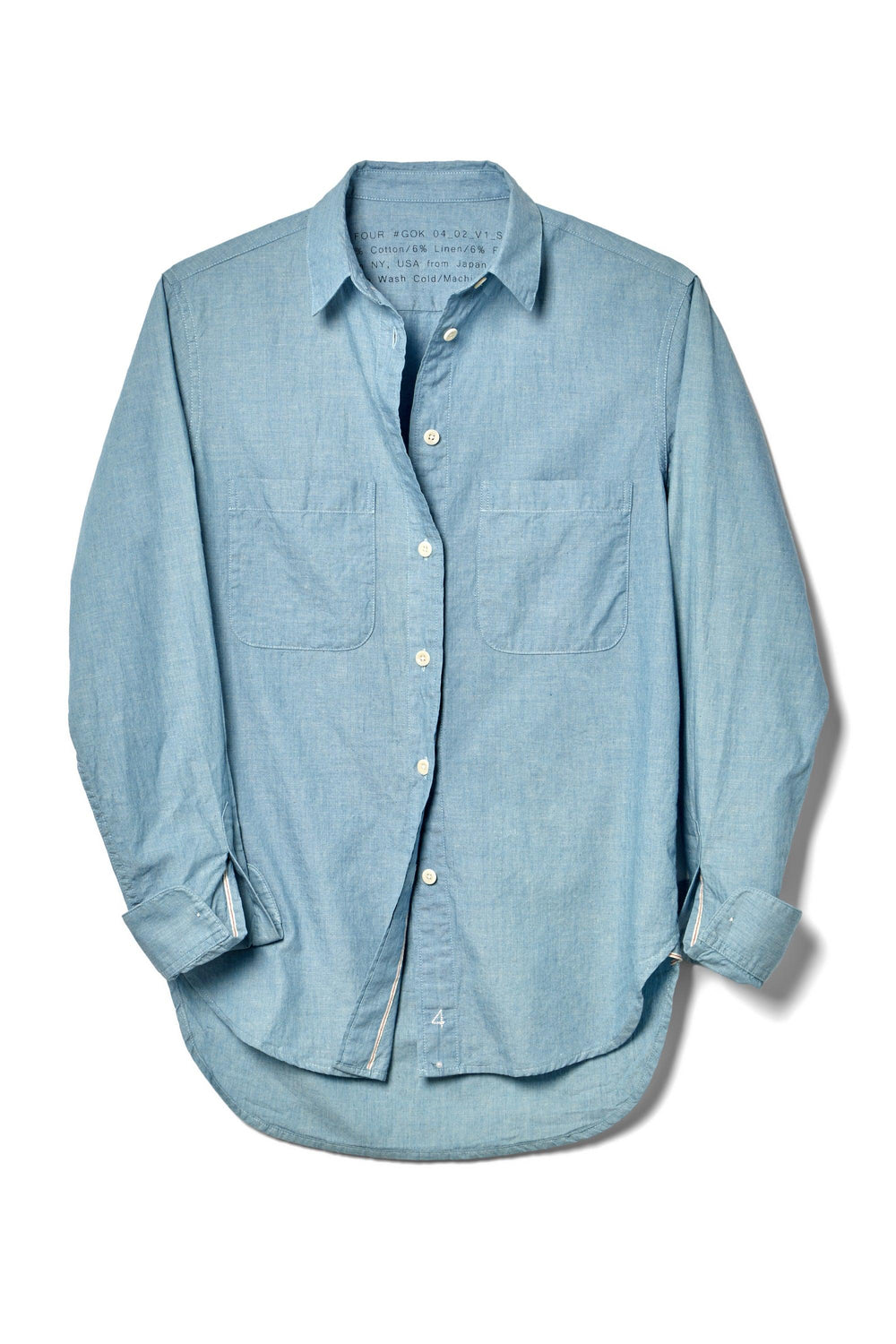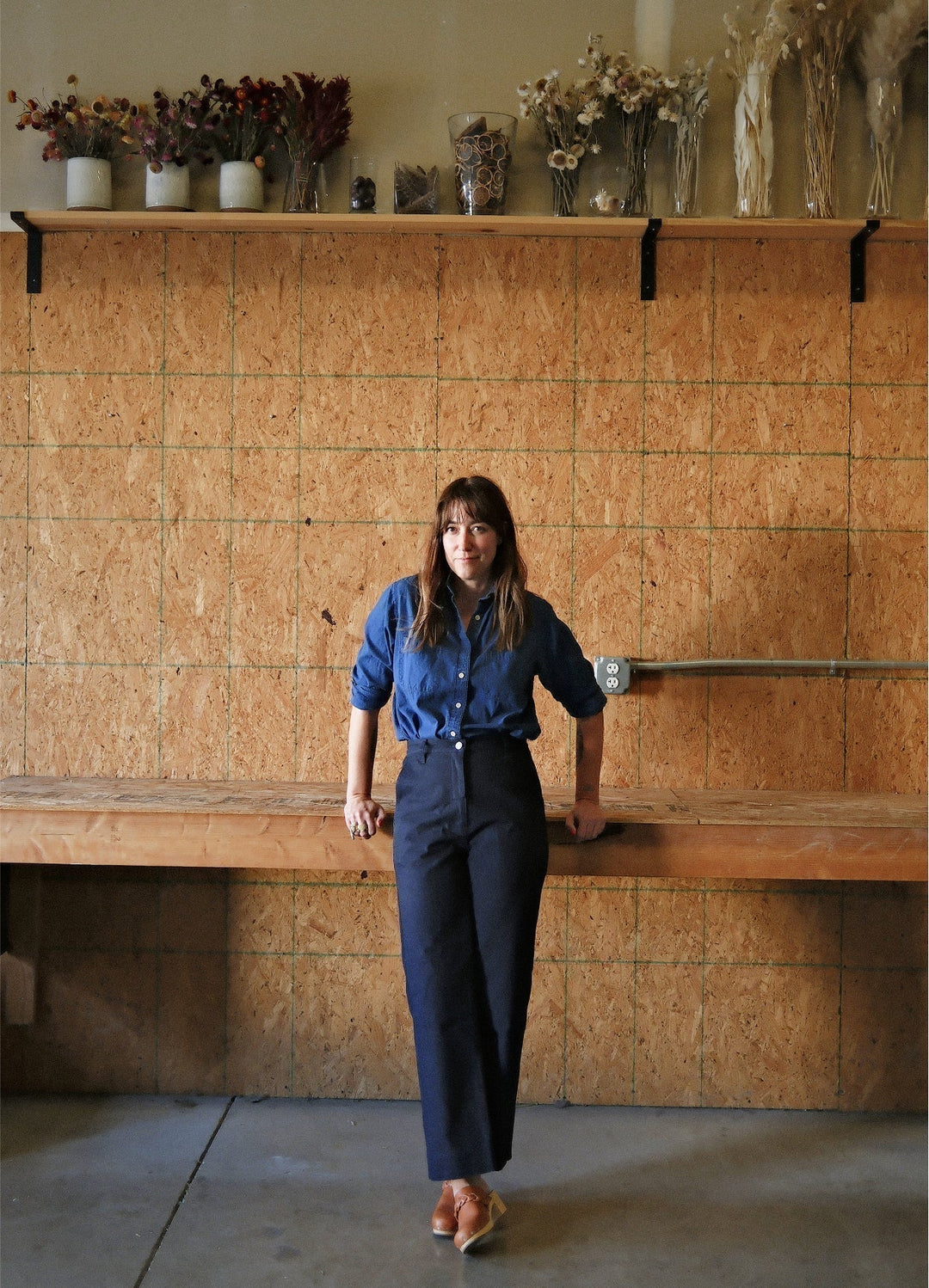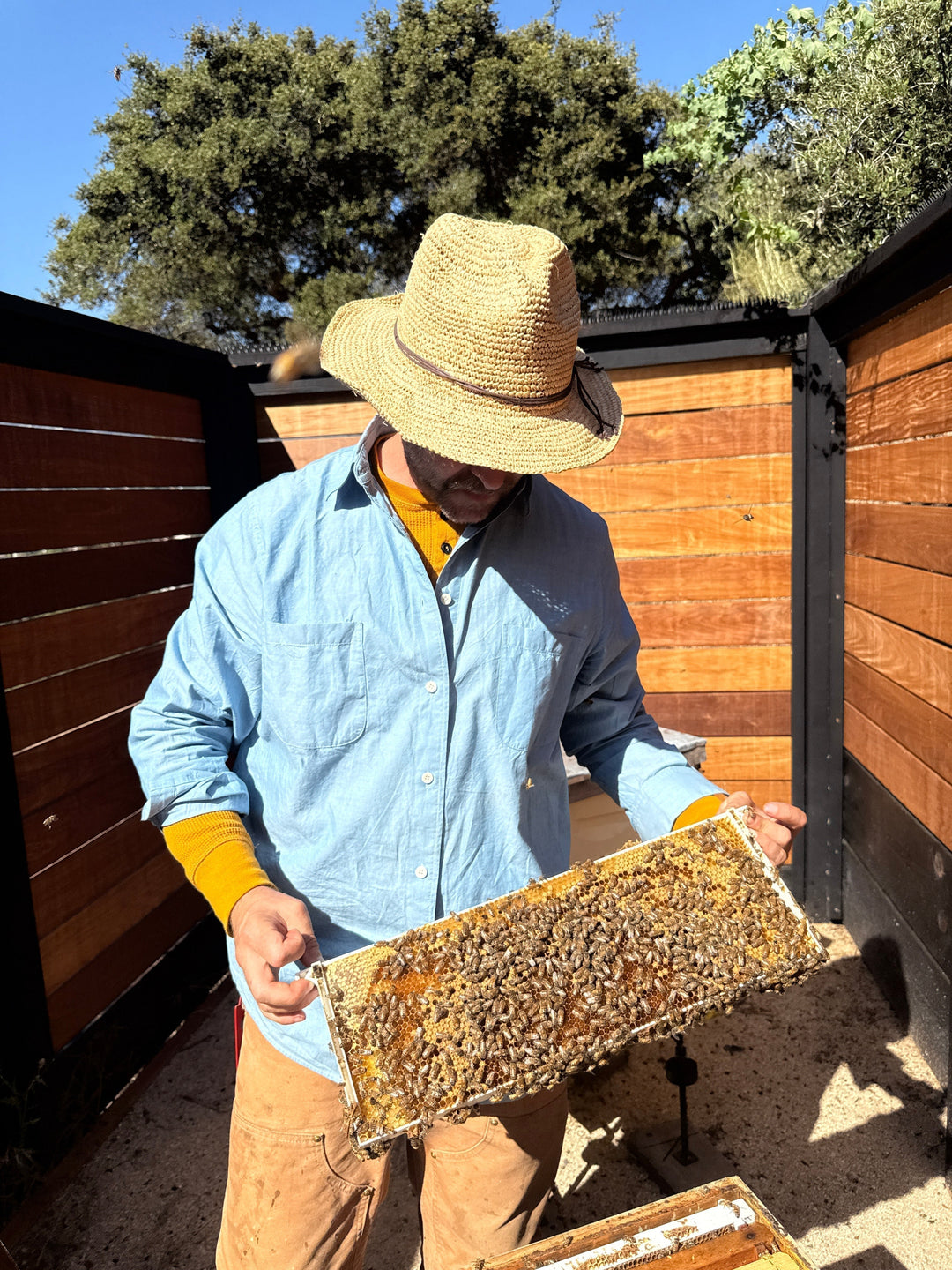Celebrities2Us:Sam Dewey
Meet Sam Dewey, contemporary portrait artist, currently working in a revisionist Baroque style.
We're smitten ♡
FOUR: We would love to hear more about your path as an artist & painter. How and when did you begin painting and when did you hone in on your style as a contemporary representational artist?
SAM DEWEY: I started painting when I was a little girl in elementary school in Philadelphia. I had amazing mentors (all women!) from a young age that encouraged my artistic growth and put me into advanced classes at the Pennsylvania Academy of Fine Arts - one of the city's leading representation art colleges. From there, I went to USC in Los Angeles to continue my study of painting and was exposed to contemporary abstract artists and designers. I like to think that my exposure to the LA art world in college and afterwards influenced my original love for representational baroque-style portraiture. My time in SoCal has pushed me into a more abstract realm where the representational rules that I learned back in Philly are broken and lines are blurred.

FOUR: What drew you to this style?
SAM: Beyond being taught representational portraiture from a young age, I've always been obsessed with figure art and "gesture." There is so much to be said from a subtle facial expression or a slight movement of a body. Through my art training I've been taught that the most emotional and thus the most difficult and interesting subject that you can tackle as an artist is the human figure. There is so much that can be said through a gesture or facial expression without any words at all. Good art doesn't necessarily have to be beautiful, but it does have to make you think. I use contemporary portraiture as a means to make people think about beauty ideals and how these are usually set through unattainable standards typically created by men.

FOUR: We are currently working on a silk button-down as the next Collectable in our capsule collection. A traditionally masculine silhouette rendered in soft, luxurious silk with the perfect drape, we see this piece as a timeless and enduring staple that is reclaimed through a womxn-centric lens. In your biography, you write that you, “re-work classical paintings typically painted by male artists to bring them into a contemporary space, by me - a female artist.” Can you share more about this with us? Do you see this as an effort to reclaim these works, raise a new womxn-centric perspective, or rather something else entirely?
SAM: I revisit baroque, romantic era, and classical era oil painting portraiture partly because these are the paintings that I along with many representational artist students are taught about and are set as the "standard" of quality for many people. The large majority of these paintings were created by European men and so the standards of good art and female beauty are also derived from this very narrow perspective. I'd never deny that the paintings that I work from are beautiful (because they are!) however I do think this narrow perspective on beauty is something to make note of and study. I remake baroque portraits of women and aim to imbue these portraits with a sense of darkness and edge. I typically use tools such as palette knives, towels, and even my own fingers to blur away the portrait and show the layers of the painting underneath. What's left is something that to me seems very vulnerable, and raw. The portraits are left imperfect, and from my perspective a more real representation of a woman portrait, with the flaws on the surface left visible. I celebrate and highlight the scratches, blurriness, and exposed layers - the character and uniqueness of each painting. These to me are so much more beautiful and thought provoking than a "perfect" representational portrait painting.

FOUR: Tell us more about your process as an artist. What inspires you, and what pushes you to create the work that you do?
SAM: Women's bodies are objectified, photographed, documented, and marketed all the time. It's become the norm for most women, myself included, to frequently display our bodies online or on social media through social posts, dating apps, even Zoom calls. Whether we realize it or not, we create portraiture or a visible outward representation of identity all the time. I take this a step further into an oil painting medium, a nod to a former more outdated means of creating portraits. It's my hope that my work inspires other women artists to reclaim their depiction of their bodies and that the perspectives and the loudest voices behind the ideals of "beauty" and "female identity" continue to broaden and diversify.

Enjoy more of Sam's work @samdewey and on her own site where you can also purchase a print of her beautiful work.
SAM DEWEY Art Bio from Sam Dewey on Vimeo.



